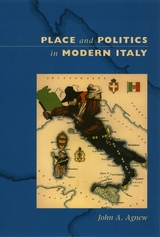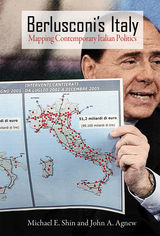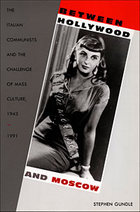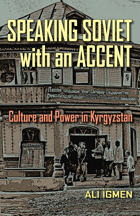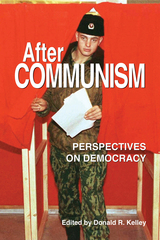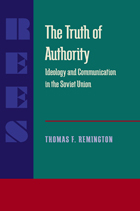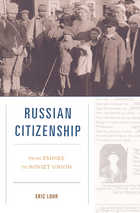Cloth: 978-0-674-21881-9
Library of Congress Classification JN6518.D88
Dewey Decimal Classification 320.947085
The Dynamics of Soviet Politics is the result of reflective and thorough research into the centers of a system whose inner debates are not open to public discussion and review, a system which tolerates no public opposition parties, no prying congressional committees, and no investigative journalists to ferret out secrets. The expert authors offer an inside view of the workings of this closed system a view rarely found elsewhere in discussions of Soviet affairs. Their work, building as it does on the achievements of Soviet studies over the last thirty years, is firmly rooted in established knowledge and covers sufficient new ground to enable future studies of Soviet politics and social practices to move ahead unencumbered by stereotypes, sensationalism, or mystification.
Among the subjects included are: attitudes toward leadership and a general discussion of the uses of political history; the dramatic cycles of officially permitted dissent; the legitimacy of leadership within a system that has no constitutional provision for succession; the gradual adoption of Western-inspired administrative procedures and "systems management"; a study of group competition, and bureaucratic bargaining; Khrushchev's virgin-lands experiment and its subsequent retrenchment; the apolitical values of adolescents; the problems of integrating Central Asia into the Soviet system; a history of peaceful coexistence and its current importance in Soviet foreign policy priorities, and, finally, an overview of Soviet government as an extension of prerevolutionary oligarchy, with an emphasis on adaptation to political change.
See other books on: 1953-1985 | Daniels, Robert V. | Decision making | Dynamics | Power (Social sciences)
See other titles from Harvard University Press





